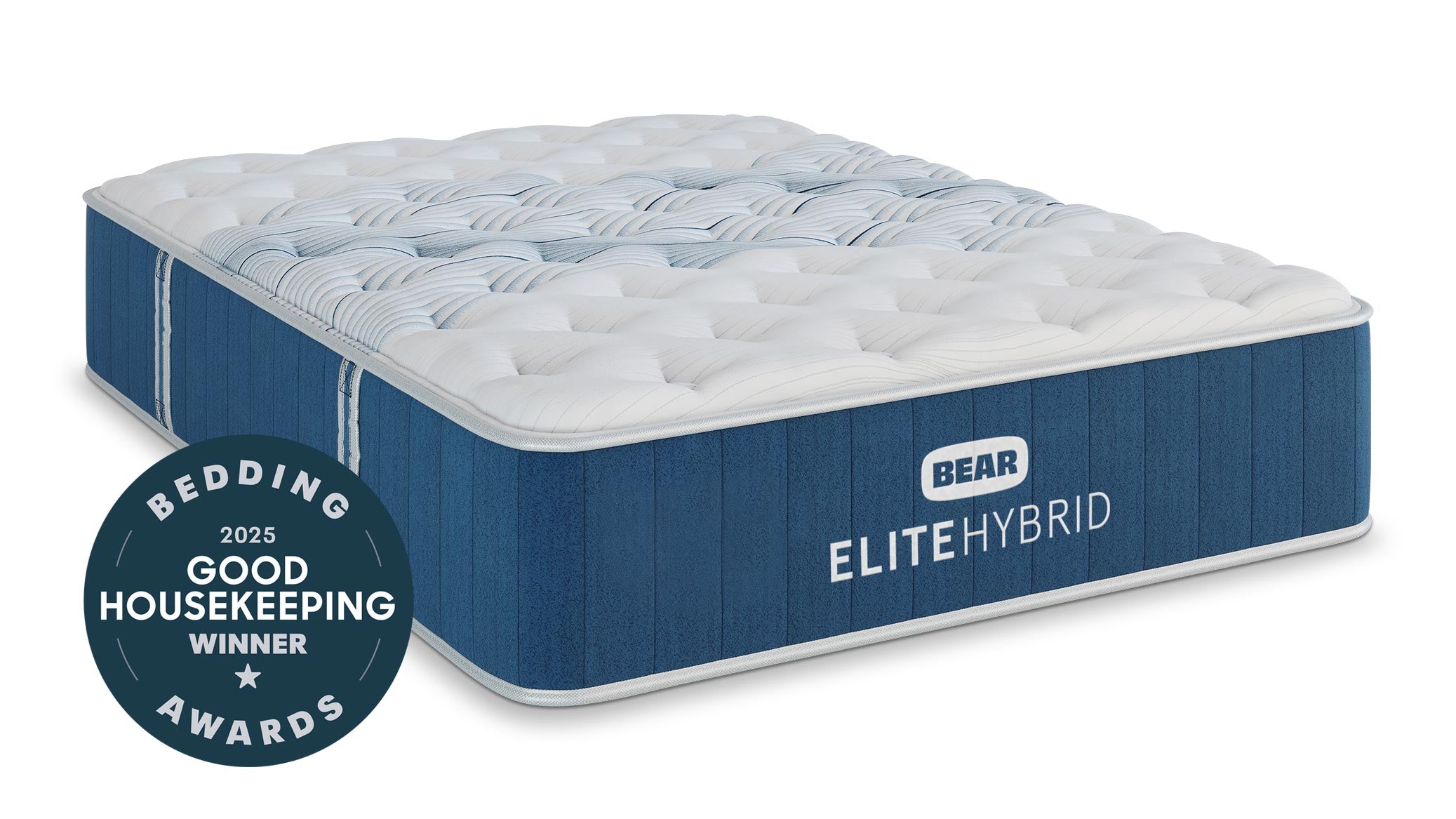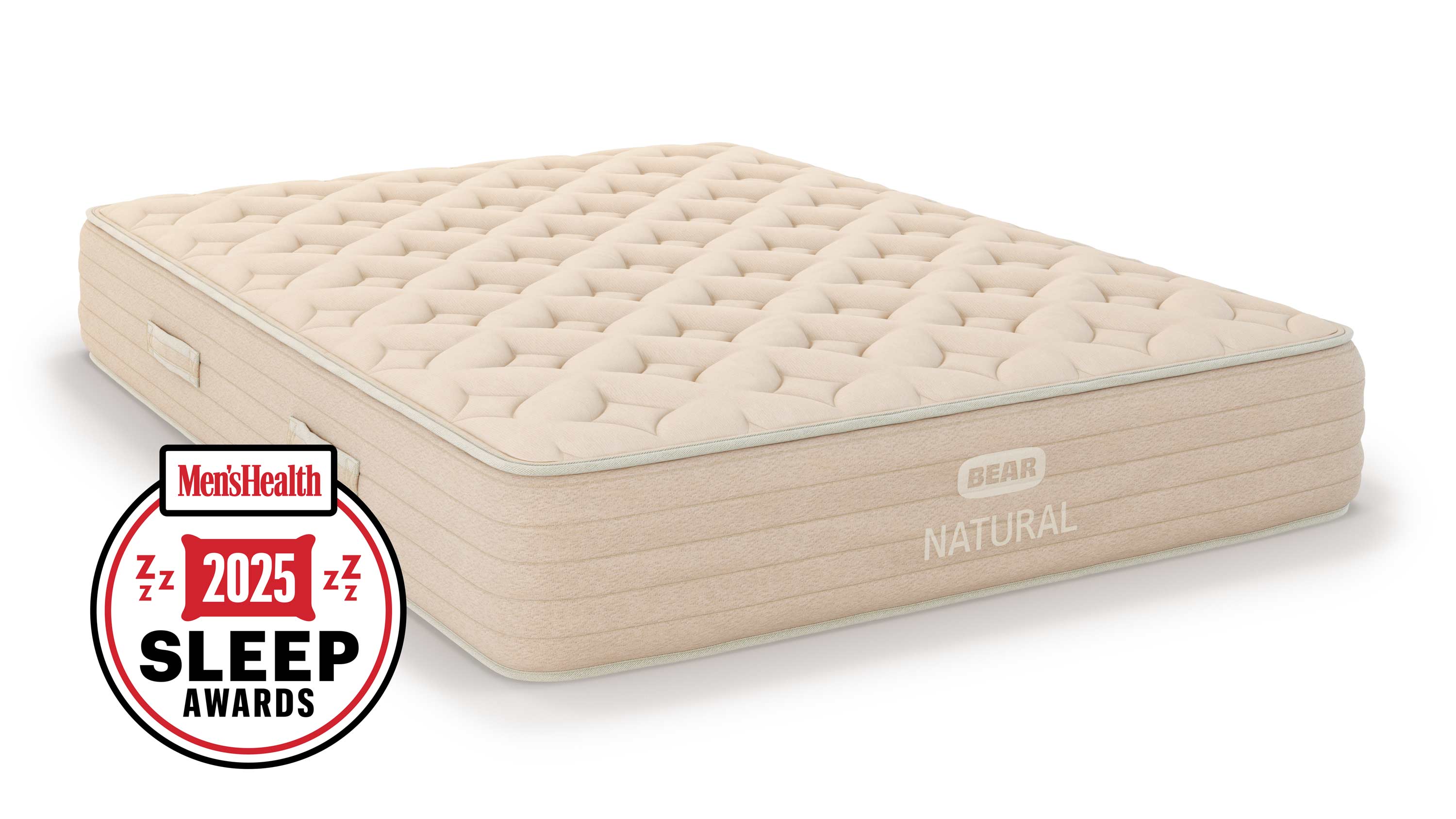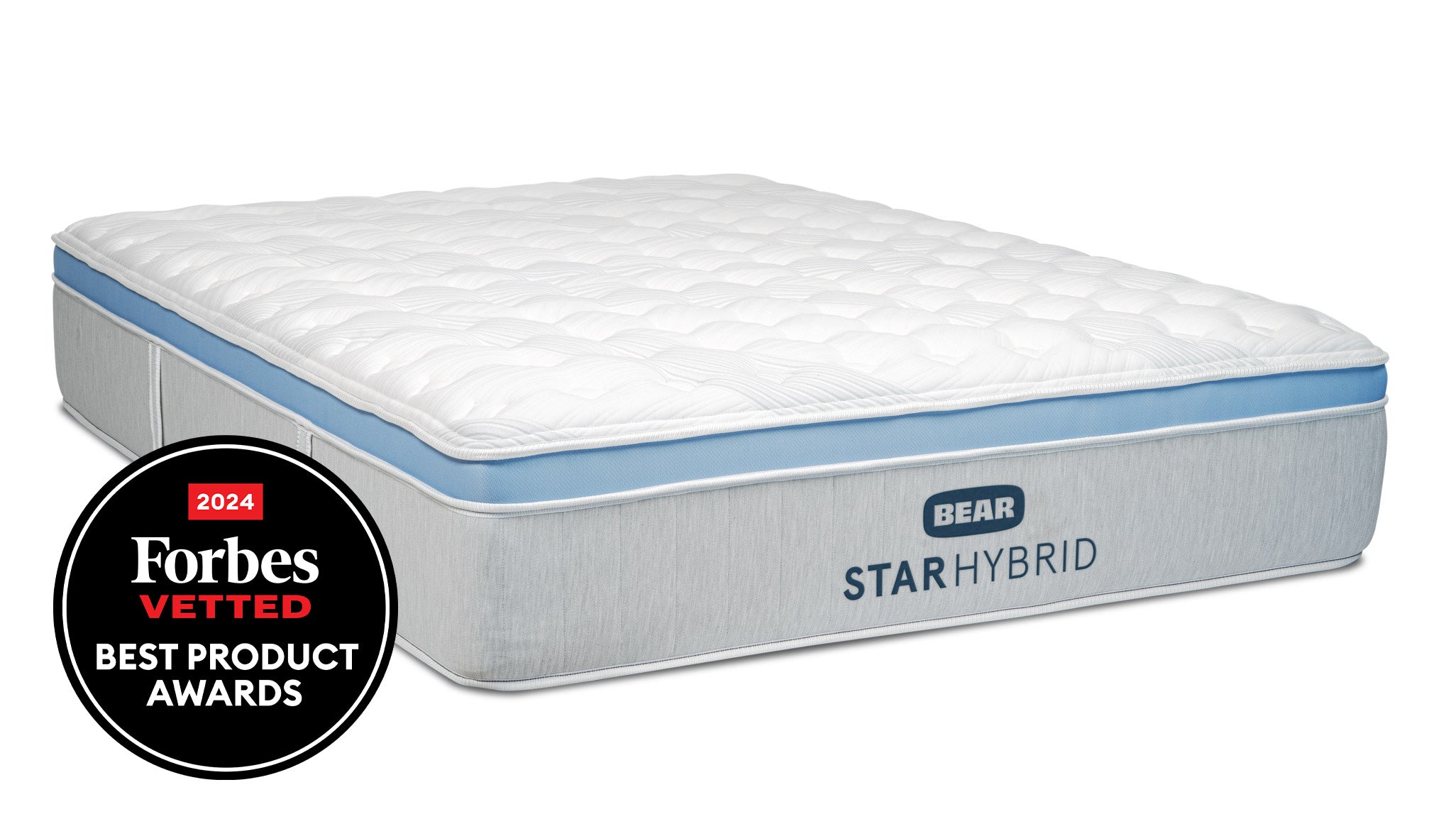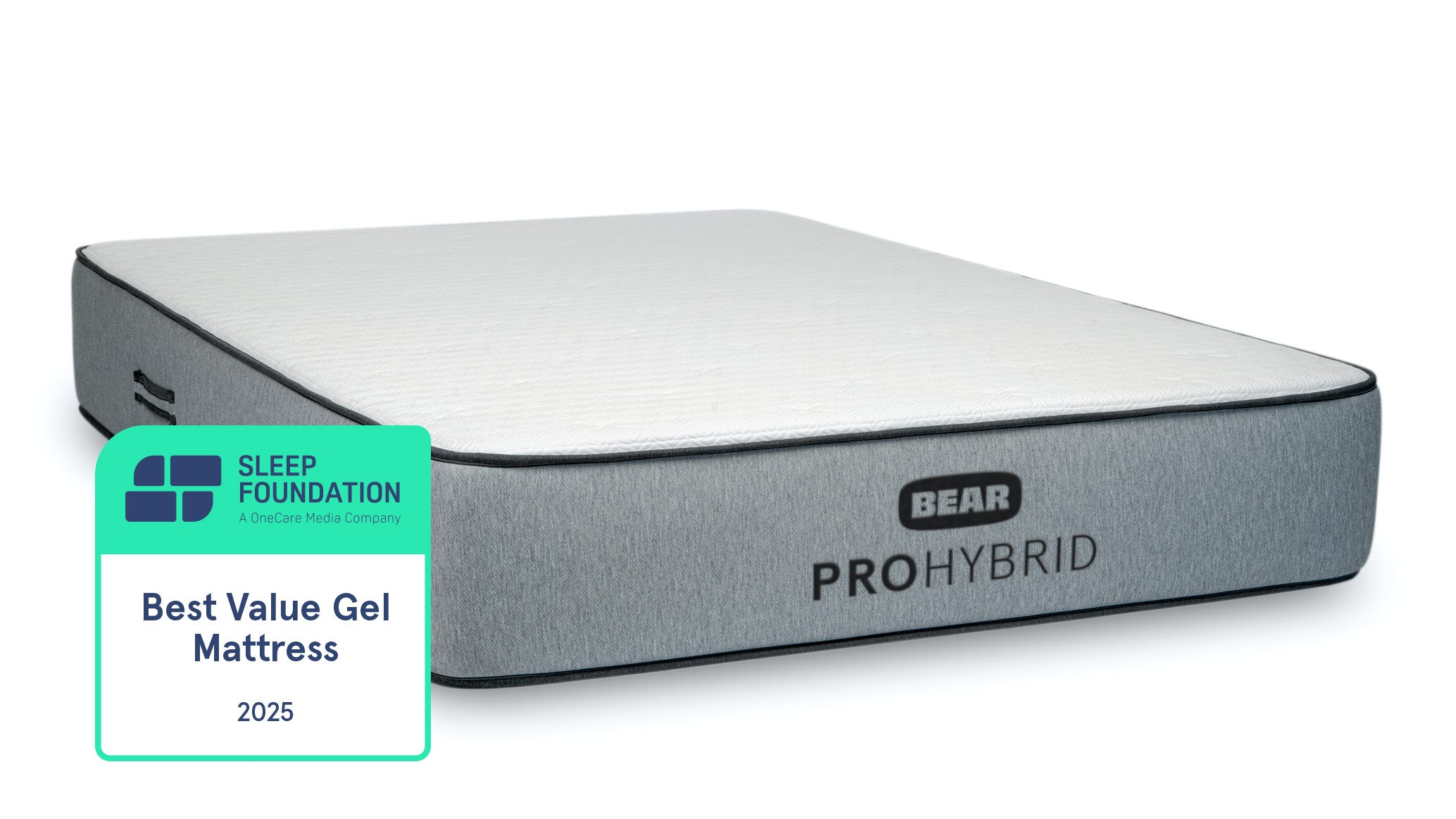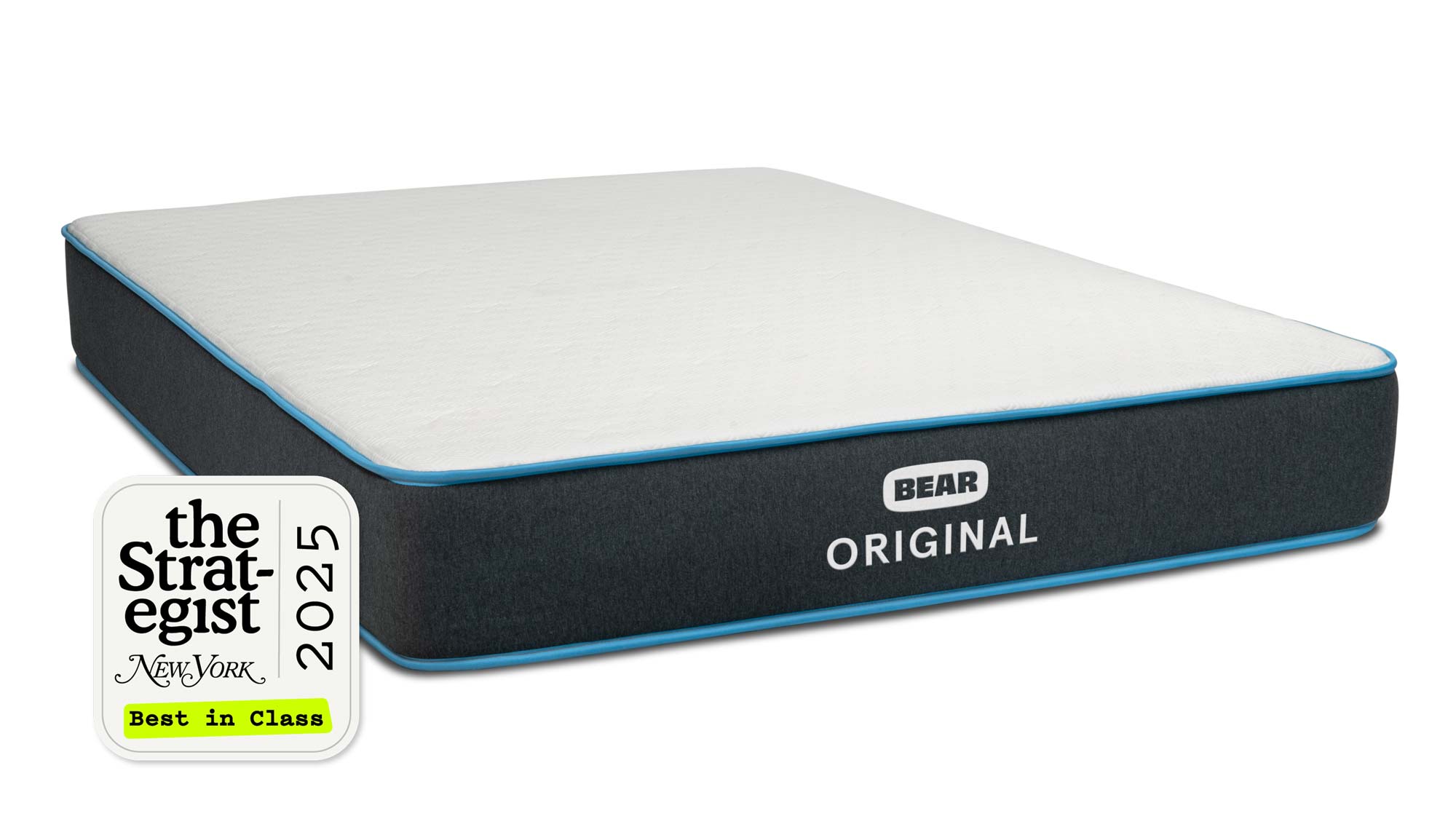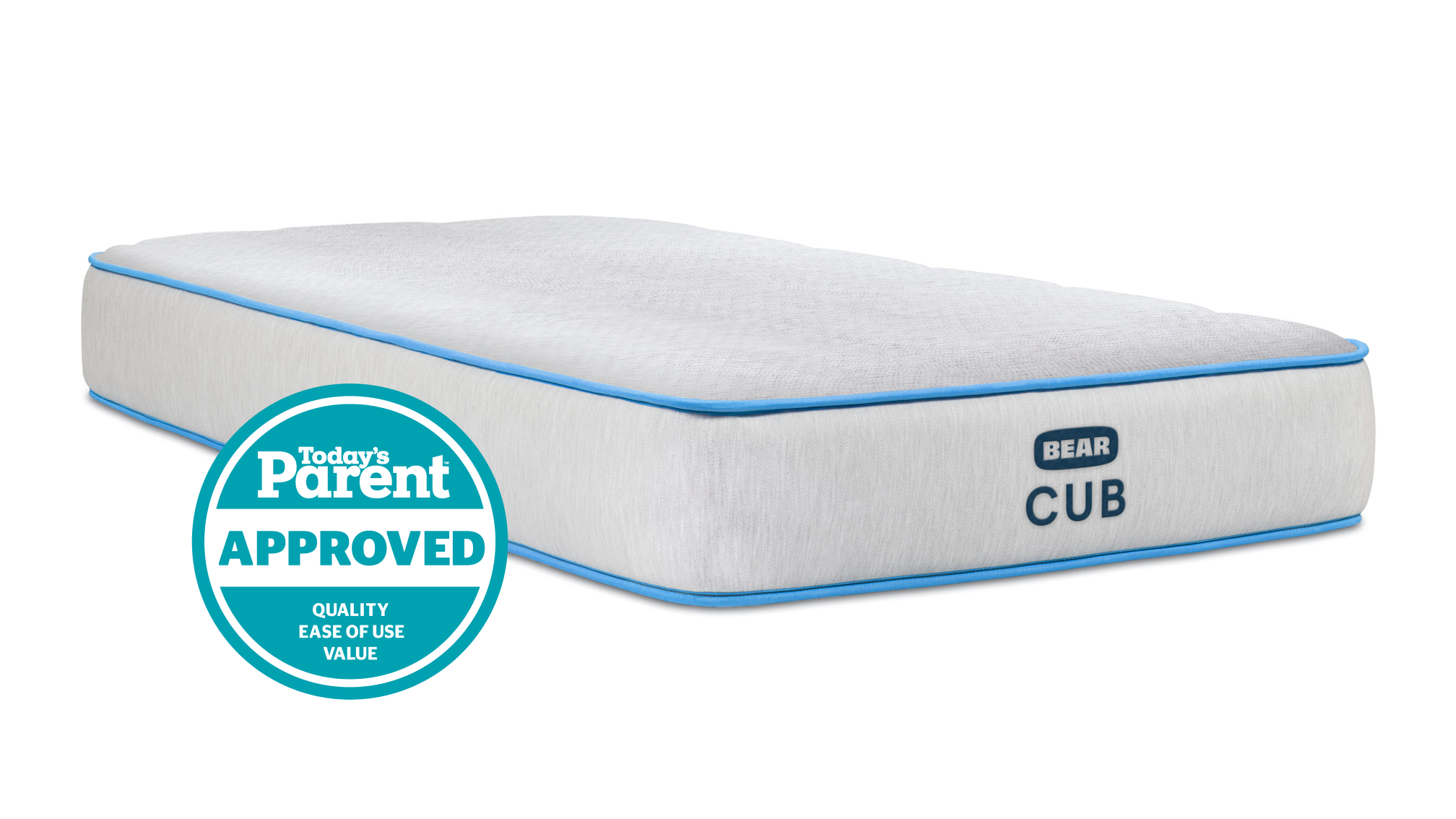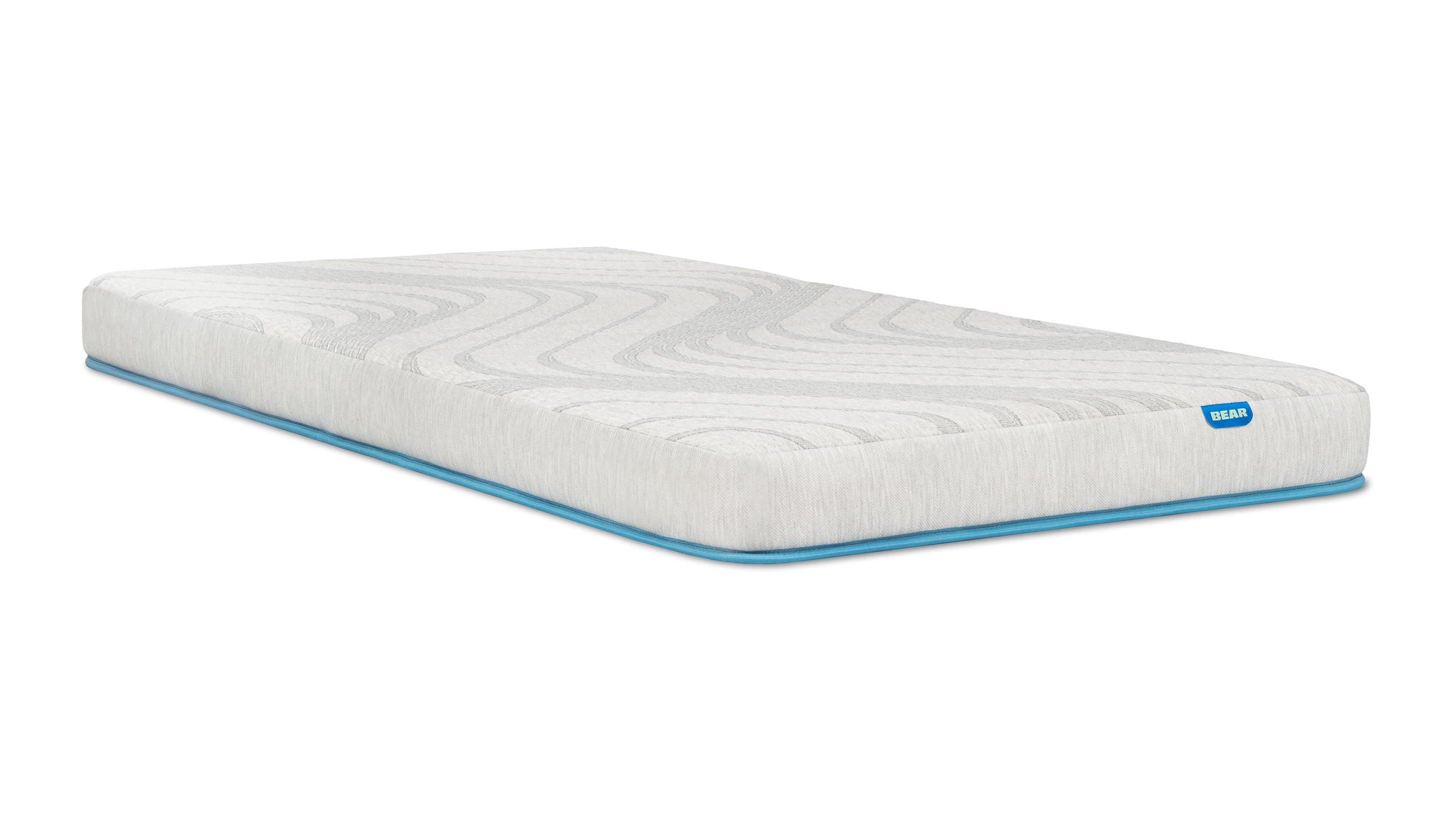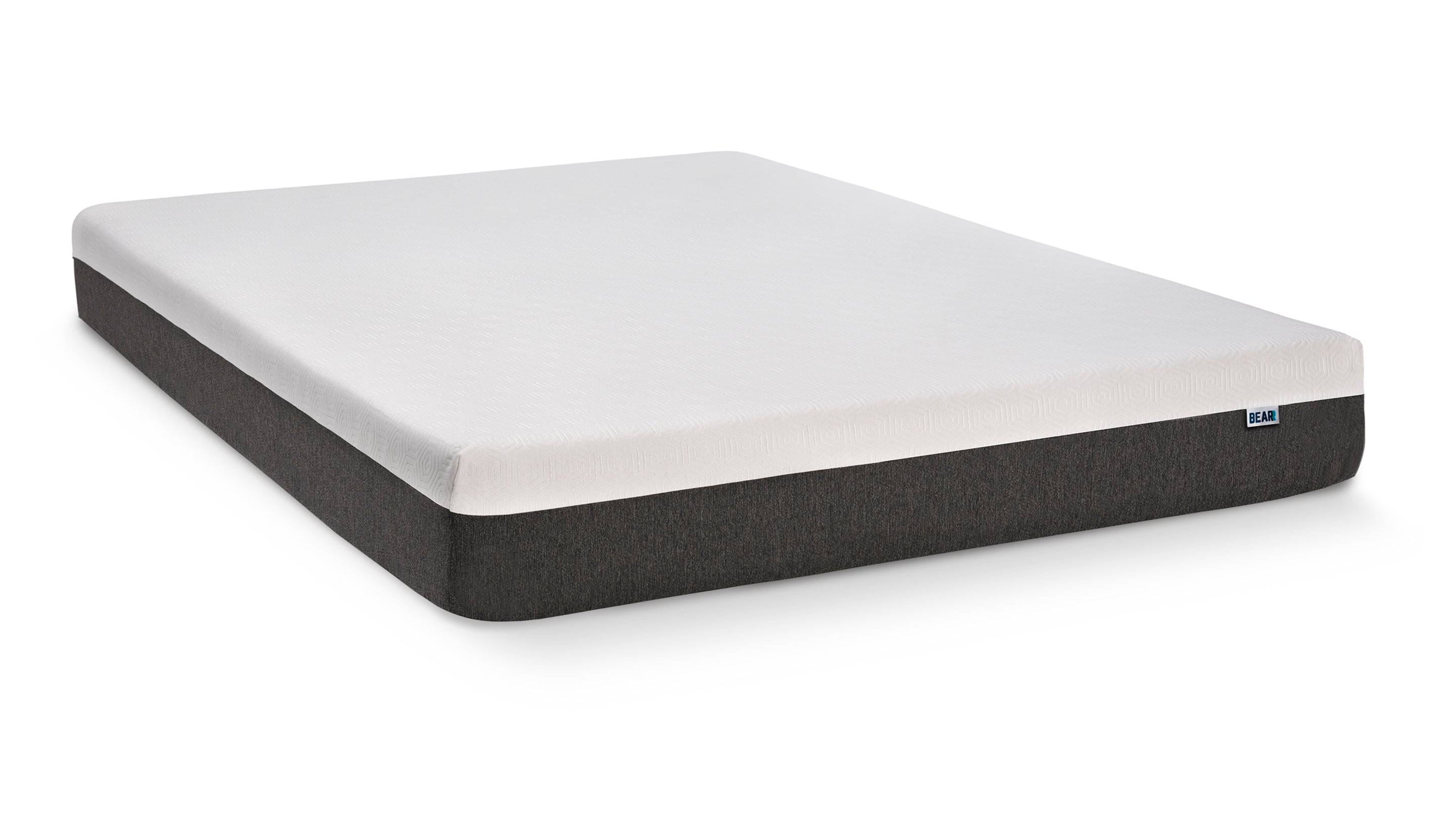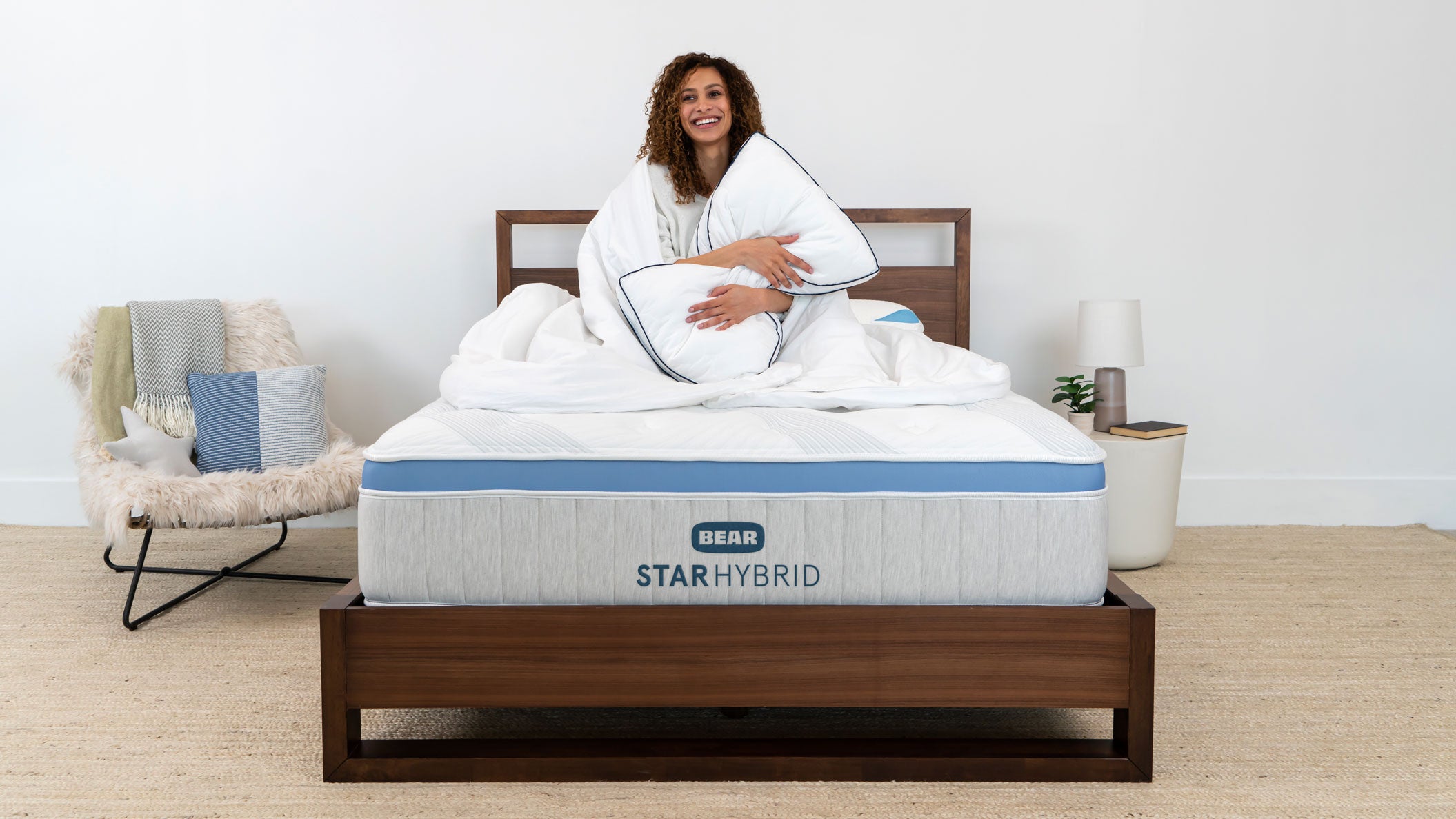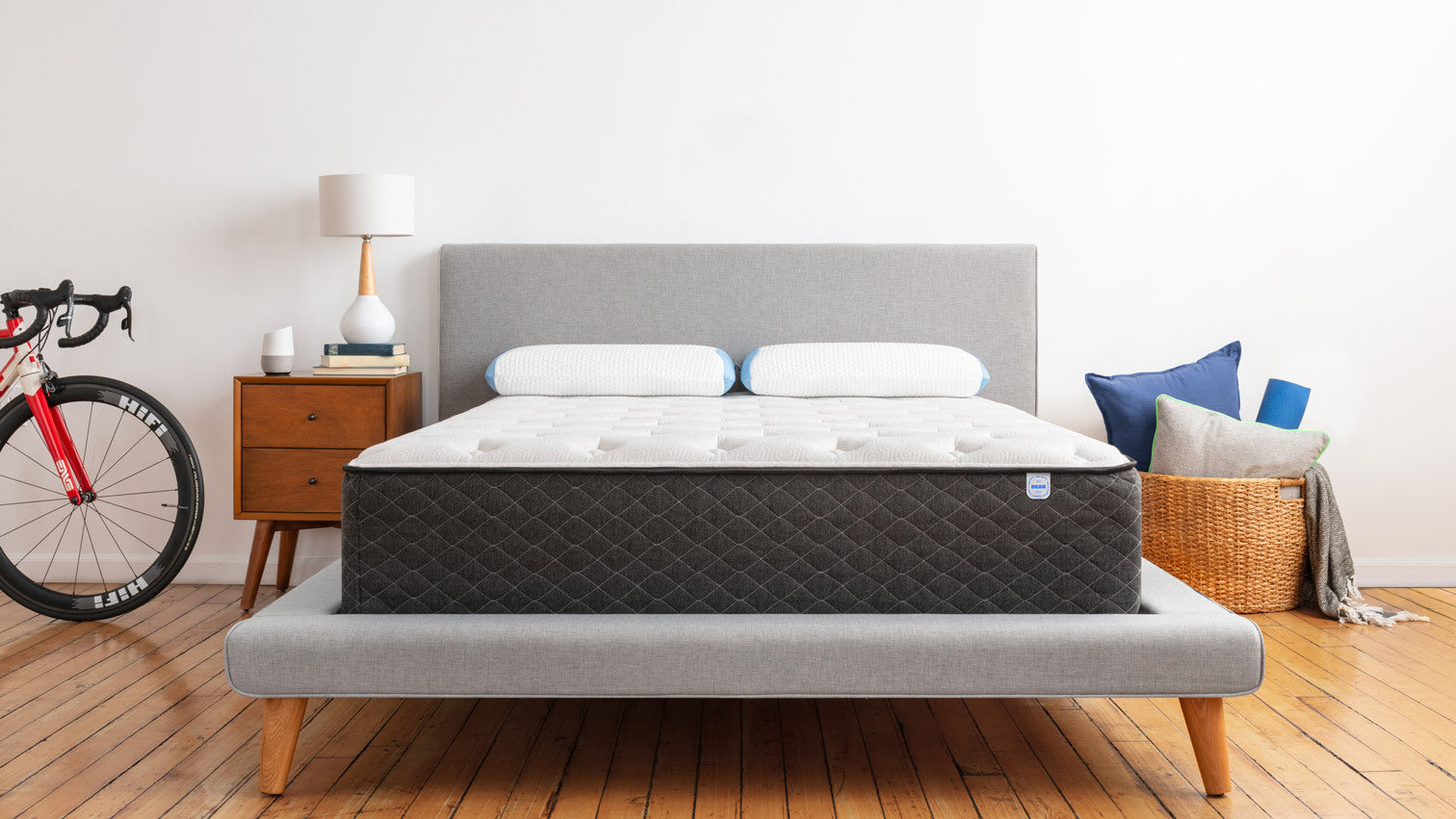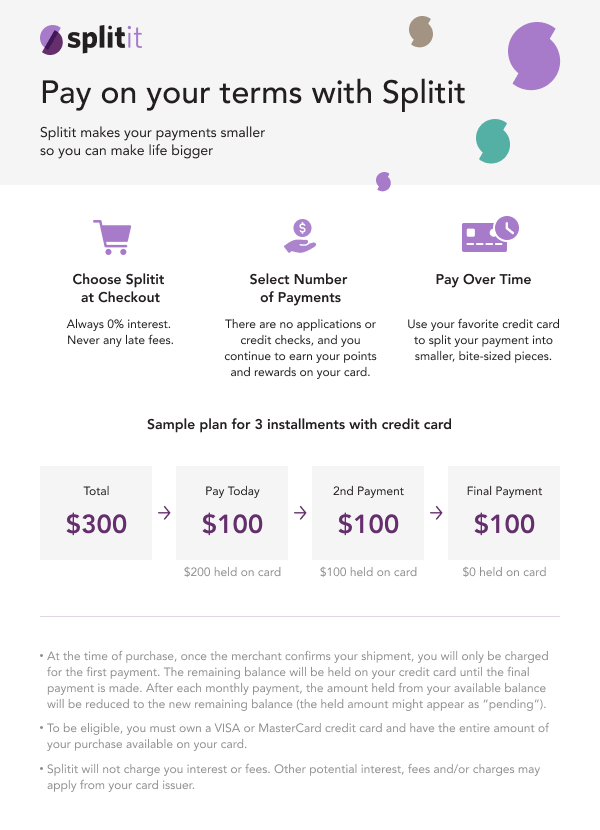In 1985, the Better Sleep Council designated May as “Better Sleep Month” to “help focus attention on the importance of sleep in leading a healthy, productive life.1
Sleep research is a pretty young science that didn’t truly get underway until the 1930s, when REM, restless leg syndrome, and a number of other sleep-related discoveries occurred. So while we don’t know everything there is to know about sleep, we do know one thing: we’re not getting enough of it. In fact, over the decades, Americans have been losing sleep. A lot of it has to do with a decrease in leisure time in the mid-20th century. Work hours and productivity increased, and so -- unsurprisingly -- we started taking time out of our sleeping hours to make room for everything.
And it’s only gotten worse. A 2015 Workplace Flexibility Study conducted by WorkplaceTrends concluded that the “majority of workers–65% of employees say that their manager expects them to be reachable outside of the office” during non-working hours. So we’re working more hours and trying to find leisure time that we desperately need to keep us sane… no wonder we’re sleeping less. A 2013 Gallup poll estimated that, on average, Americans get 6.8 hours of sleep a night -- down one hour from the 1940s -- and an 1.2 hours less than the recommended amount.
1.2 hours may not seem like much, but a small survey conducted by the BBC concluded that adding an extra hour of sleep can help activate important genes that help prevent diabetes and cancer; gives individuals a competitive edge over their peers; decrease risk of heart attack; and increases brain function. So, yeah, an hour is a lot after all.
And since adding a 25th hour to the day isn’t an option, we need to take some small steps in order to change the way we view sleep. But where do we start?
First off, if you’re forcing yourself to wake up at a certain time, you should go to sleep at a certain time.
Plain and simple, but most of us don’t assign ourselves a strict bedtime. By actually saying, “Hey, if I need to get up at 7, I need to be asleep by 11, and in bed with the lights out and no distractions by 10:45,” we’re reprogramming ourselves to actually think about how much time we need to spend sleeping. And by “no distractions before bed,” we’re especially talking about screens. According to a 2013 study conducted by Mariana Figueiro of the Lighting Research Center at Rensselaer Polytechnic Institute, two hours of iPad use at maximum brightness was enough to suppress people's normal nighttime release of melatonin, meaning there was no switch going off in their brains telling them to be tired.
Eat Better

“What you eat before bedtime has a big impact on the quality of your night’s sleep,” says Rebecca Lewis, in-house RD at HelloFresh, the leading meal kit delivery brand globally. “Eating the right foods can be the difference between being wide awake, tossing and turning, and falling fast asleep.”
Lewis recommends the following foods to help fall asleep faster:
-
Cherries or Tart Cherry Juice
One of the only natural food sources of melatonin
-
Pumpkin Seeds
While most of know that turkey has tryptophan in it that makes us sleepy, pumpkin seeds are also a great source of this nutrient. Tryptophan is an essential amino acid (meaning that you need to get it from your diet, because your body can’t naturally produce it) that our body uses to produce serotonin and melatonin.
-
Pistachios, Salmon, Chickpeas
These are all foods rich in vitamin B6, which aids in the production of tryptophan and also regulates how much of serotonin our brain produces. -
Dark Leafy Greens, Sweet Potatoes, Avocado
All these foods are rich in magnesium, potassium, calcium -- minerals that help calm down nerve activity so we can fall asleep. Bonus, these foods act as a natural muscle relaxer to help reduce muscle cramps.
Lewis warns against alcohol, spicy foods and anything containing caffeine before bed, as they cause restlessness
Work Out More
“Exercise as part of your overall lifestyle can aid in promoting restorative, quality sleep,” says Certified Personal Trainer and Wellness Specialist Nathan Martin. “The current recommendations are 150 minutes per week of moderate intensity exercise, about 30 minutes per day for 5 days per week.” Martin recommends avoiding exercise immediately before going to bed “because exercise raises our internal body temperature, which can make it difficult to fall asleep quickly.” Exercise can also help in reducing symptoms of common sleep disorders such as sleep apnea. “Including exercise and activity in your routine can be an effective way for managing symptoms of disruptive sleep and help us find the deep sleep we need to support overall health and wellness.”

Get a new bed
Many people keep their mattresses years longer than the recommended intended use. Yes, buying a new bed is expensive, but having a supportive mattress is absolutely necessary to getting a good night’s sleep. So ask yourself, have I had my bed for more than 7 years? If the answer is yes, it’s time to get a new one. Luckily, we know of a spot where you can get a good mattress for a good price…
